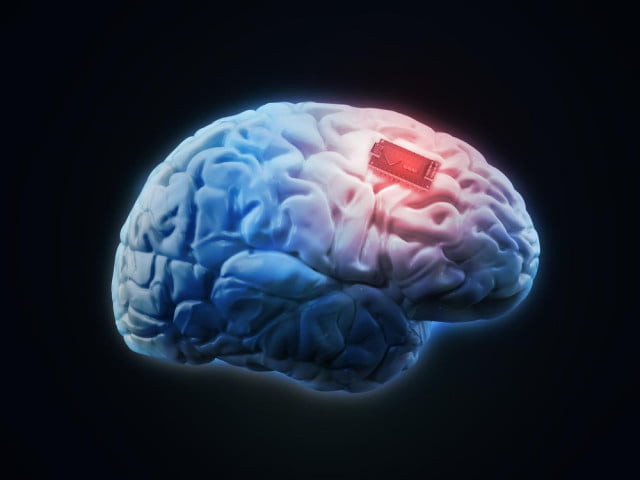Stress has become an inevitable part of our modern lives, affecting us physically, emotionally, and mentally. It is no surprise that stress can have a significant impact on our brain performance, impairing our cognitive abilities and overall well-being. In this blog post, we will explore the detrimental effects of stress on the brain and discuss effective coping strategies that can help mitigate its impact, allowing us to maintain optimal brain function and thrive in the face of adversity.
The Science Behind Stress and Brain Performance
When we experience stress, our body releases stress hormones such as cortisol and adrenaline, triggering the body’s fight-or-flight response. While this response can be beneficial in acute situations, prolonged exposure to stress can have detrimental effects on the brain. Chronic stress can disrupt the delicate balance of neurotransmitters, leading to impaired cognitive function, memory problems, decreased attention span, and reduced decision-making abilities.
Effects of Stress on Brain Structure
Studies have shown that chronic stress can cause structural changes in the brain. The hippocampus, a region crucial for memory formation and learning can be particularly affected. Prolonged stress can shrink the hippocampus, impairing its ability to function optimally. Additionally, chronic stress can lead to an increase in the size of the amygdala, the brain’s fear center, resulting in heightened anxiety and emotional responses.

Coping Strategies for Managing Stress
Fortunately, there are various coping strategies that can help mitigate the impact of stress on brain performance. Implementing these strategies can promote resilience and improve overall well-being. Here are some effective techniques:
- Mindfulness and Meditation: Engaging in mindfulness practices and meditation can help reduce stress levels and improve brain function. These practices promote relaxation, enhance focus, and increase self-awareness, allowing individuals to manage stress more effectively.
- Regular Exercise: Physical activity has been shown to reduce stress and improve brain health. Exercise boosts the production of endorphins, the brain’s feel-good neurotransmitters, promoting a sense of well-being and reducing anxiety.
- Healthy Lifestyle Choices: Maintaining a balanced diet, getting enough sleep, and avoiding excessive alcohol and caffeine consumption are essential for managing stress. A healthy lifestyle provides the brain with the necessary nutrients and rest it needs to function optimally.
- Social Support: Building and nurturing strong social connections can provide emotional support during stressful times. Sharing experiences, seeking advice, and having a support network can help alleviate stress and enhance overall brain performance.
- Time Management and Prioritization: Effective time management and prioritization skills can help reduce stress levels. Breaking tasks into smaller, manageable segments, setting realistic goals, and maintaining a balanced schedule can prevent overwhelm and increase productivity.
Conclusion
Stress is an inevitable part of life, but its detrimental effects on brain performance can be managed through effective coping strategies. By incorporating mindfulness, regular exercise, healthy lifestyle choices, social support, and good time management, we can mitigate the impact of stress and maintain optimal brain function. Prioritizing our well-being and adopting these coping strategies will not only enhance our cognitive abilities but also improve our overall quality of life. Remember, taking care of our brain is crucial for thriving in a stress-filled world. Visit their web page where you will find lots of useful tips and information about using nootropic.
